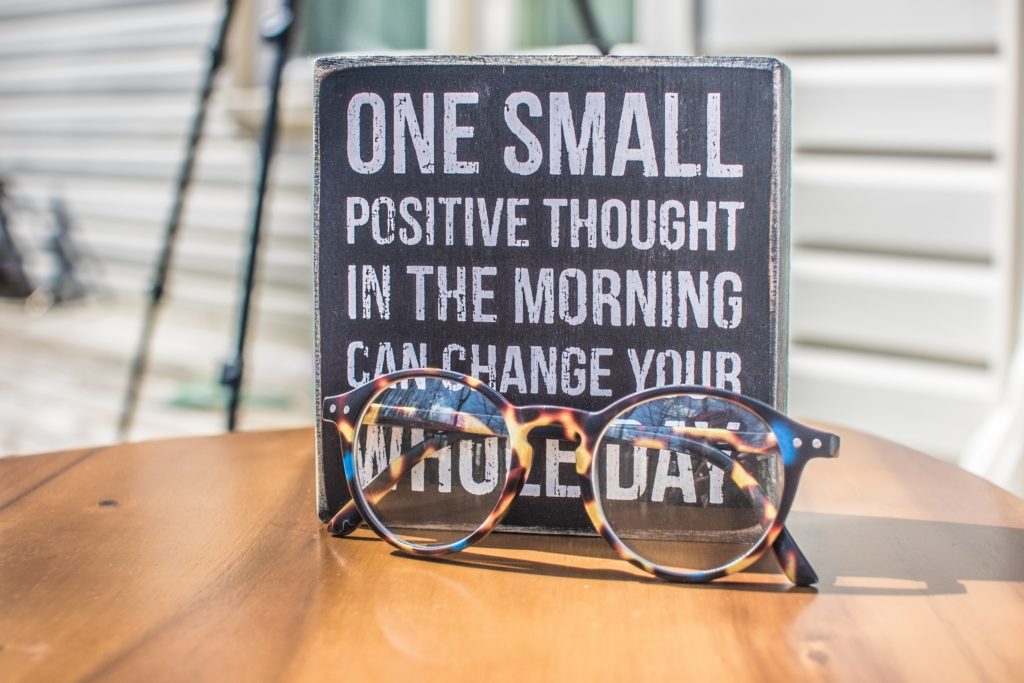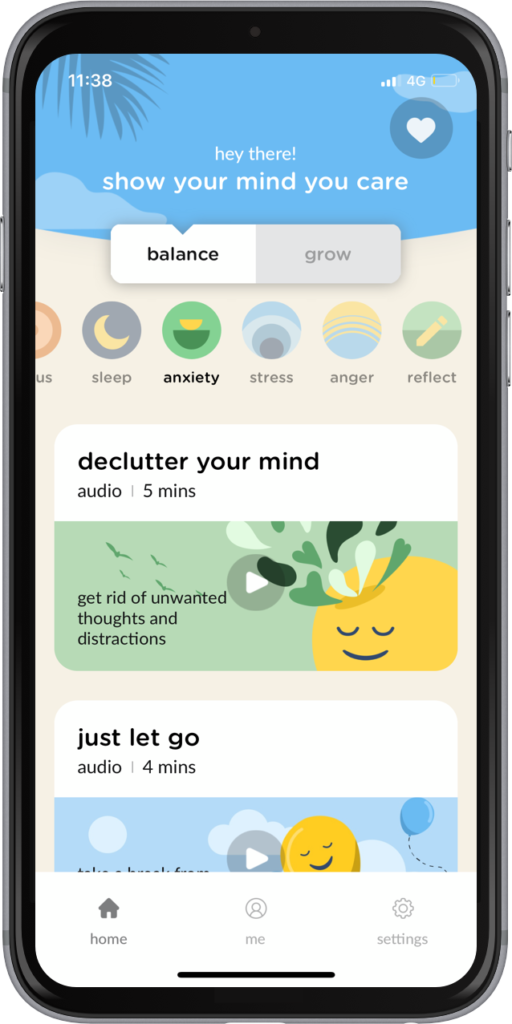Evolve > Anxiety > Low Self-Esteem: Understanding The Signs
Table of Contents
What is low self-esteem?
Self-esteem refers to a person’s own subjective point of view of their own self-worth. How good, confident, proud, ashamed etc. you feel etc you feel about yourself. In case you don’t feel good about yourself and think you have many unwanted or negative qualities, you may have low self-esteem.
It’s easy and common to disregard low self-esteem as a character trait, phase or mistake it for humility and modesty. However, low self-esteem has long-term damaging effects. They may be everyday issues such as not speaking up in class or work meetings. Moreover, it could be longer-term threats, like relationship problems and low self-worth and anxiety.
In order to understand more about low self-esteem, it’s important to know the signs of low self-esteem!
Understanding the signs of low self-esteem:
- Always feeling guilty or saying sorry
- Not speaking up
- Undermining your own actions
- Not valuing yourself
- Loud voice in your head
- Having difficulties accepting positive feedback
- People-pleasing
1. Always feeling guilty or saying sorry
A clear sign of low self esteem, you always feel guilty about small things you do for yourself. And, you end up apologizing for things that are out of your control. It could be something as small as when your internet stops working or if apples weren’t available at the local supermarket. You feel you are to blame for any discomfort or problem created around you.
2. Not speaking up
You think the room is too cold? You ordered Pepsi and got Coke? No problem, you won’t speak up because you don’t want to offend someone or put your needs first. You will be okay settling for what you got, rather than what you wanted. It’s a common sign of low self esteem. As a result, you have difficulty speaking up and prioritizing your own needs, wants, and feelings.

3. Undermining your own actions
You have difficulty making your own decisions and choices and after making them, you are always wondering if you did the right thing. Even if it does go well, you will wonder what you could have done better and feel it was not the right move for you.
4. Not valuing yourself
One of the biggest signs of low self-esteem is not valuing yourself. You feel like you don’t deserve good things, you aren’t capable of having more and think you’re not good enough. Sometimes, this can lead to unfulfilling or toxic relationships; unsatisfactory or low-paying jobs; and overall lower standards. This is because you are content with what you have and too scared to rock the boat and ask for more. You also have a negative self-perception and think people will not accept you or like you the way you are.
Listen to Evolve’s guided audio ‘show yourself some love’ and understand that you’re a good person and that you matter.
5. A loud voice in your head
There’s a loud voice in your head that says you’re not enough. It is constantly critical, abusive and negative and won’t ever say a good thing about you. This is a sign of your low-self esteem which does not hold true, but it’s what you feel because it’s normal for you. You will constantly reprimand yourself, say something negative and it’ll be a culmination of everything listed above. Moreover, It will lead to you not believing in yourself and feeling down. If you have that voice in the back of your head that tells you are dumb and stupid, you should know, that it can and will go away.
6. Having difficulties accepting positive feedback
According to one 2017 study published in the Journal of Experimental Social Psychology, poor self-esteem is closely associated to being unable to receive or capitalize on praises from others. People with poor self-esteem find it difficult to take compliments from others since they do not have a favorable impression of themselves.
Positive feedback is frequently received with mistrust and distrust. Because these favorable remarks contradict their ideas about themselves, persons with low self-esteem may believe the other person is being dismissive or even cruel.
7. People-pleasing
Another prevalent indication of poor self-esteem is people-pleasing. People who don’t feel good about themselves may go above and beyond to ensure that others are comfortable and happy in order to get external affirmation. This frequently entails ignoring their own needs, saying yes to things they may not want to do, and feeling terrible for saying no.
How to fix low self-esteem?
Low self-esteem is a problem and it’s important to know how to grow in confidence, feel positive about yourself and feel better. The first step in solving a problem is recognizing that there is one. So, do the above signs resonate with you? Let’s talk about ways to cope with low self-esteem
- Concentrate on positive thoughts
- Make self-care a priority
- Try getting help from outside
- Exercise Self-Acceptance
1. Concentrate on positive thoughts
Spend some time each day thinking about things that are pleasant and hopeful. Take note of the small things you excel in and allow yourself to be proud of them. Consider moments in the past when you overcame adversity and remind yourself that, even if you aren’t feeling your best right now, you have the capacity and strength to get through it.

2. Make self-care a priority
When you have low self-esteem, you may feel as though you don’t deserve to be cared for or considered. Work on reminding yourself that you need to take care of yourself and search for ways to be kind to yourself, no matter how tiny. Spend some time doing something you like. Allow yourself some time to rest and unwind.

Investing in your personal care and comfort isn’t a luxury or a prize to be earned; it’s essential necessary for both your physical and emotional wellness.
3. Try getting help from outside
Share your difficulties with someone who can provide you unconditional support. This might be a friend or family member, but it could also be a doctor, therapist, teacher, or clergy member.
Having a supportive network of individuals who love you and want you to value yourself might be beneficial while you seek to improve your self-esteem.
4. Exercise Self-Acceptance
It is critical to let go of the notion that you must be flawless in order to be valuable. Work on embracing yourself as you are today. This is not to say that you don’t have objectives or things you wish to change, but it is crucial to acknowledge that you are deserving of love and esteem—from yourself and others—exactly as you are right now.
Few tips to boost low self-esteem
- Do something that makes you happy.
- Maintain physical activity—exercise has been shown to boost mood.
- Consider an area in which you excel.
- Maintain a gratitude notebook.
- Refute an unfavorable thought.
- Spend time with people that make you feel confident in yourself.
- Volunteer to assist others.
- Keep in mind that everyone makes errors.
- Celebrate your triumphs, both great and little.
In case you resonated with the list, try listening to Evolve’s guided audios on channeling positivity, show yourself some love and just let go. They will help process negative emotions, feel better about yourself and help you understand that you are a good person who deserves all the good things in life.
There are some signs of low self-esteem which are more pertaining to men while others are more towards women. Its necessary to understand the differences & deal with them acoordingly.
If you want some professional help, feel free to write to us at info@evolveinc.in and we will anonymously connect you with a qualified expert who can help.
Evolve helps you manage your emotions and anxiety with a variety of joyful guided audios and proven techniques as used by therapists. The Evolve app is now live globally on Android & Apple, click here to try for free!


